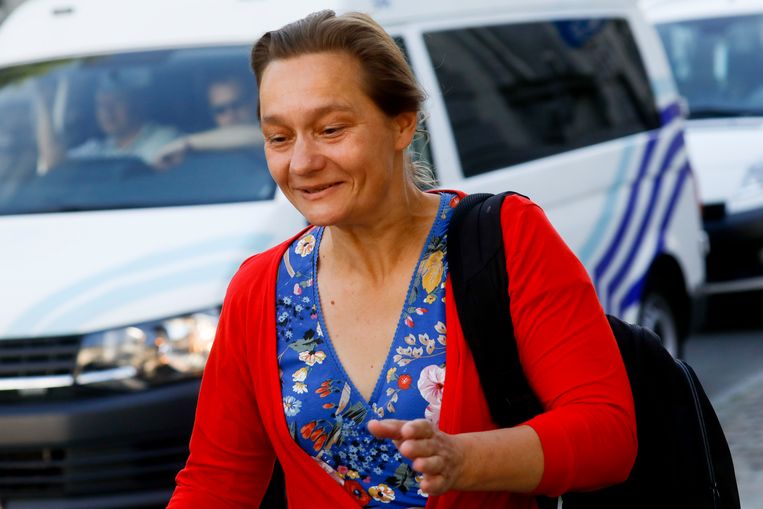The government will now be advised by a new body on all things relating to Covid-19, but who are they?
The GEES – the group of experts advising on the exit strategy from the lockdown – is since July no more. In its places come the Celeval – the evaluation cell.
The cell is headed by Tom Auwers, the civil servant who heads the public health ministry of Maggie De Block (Open VLD), who previously represented her in the GEES.
“This is the group that will have to teach us how to live with the virus,” he told De Standaard. “We will meet several times a week to assist the government as best we can.”
Also returning from the GEES is its chair, Professor Erika Vlieghe, an infectious diseases specialist from the Antwerp university hospital who on several occasions expressed dismay at the way the national security council, which was in charge of introducing measures intended to control the spread of Covid-19, decided not to follow the advice of the scientists.
She will be joined by Karine Moykens, who heads the nation’s contact tracing task force. To describe the problems of the contact tracing operation as teething troubles would be an understatement.
Six months into a health crisis, the system is having trouble operating correctly when a large proportion of people who ought to be returning from holiday into quarantine just decide not to bother, and nothing happens.
Originally, Johnny Thijs was asked to join the Cell to represent the business world. Thijs was CEO of Bpost until 2013, after a career with Côte-d'Or and Interbrew, the forerunner of AB InBev.
However he turned the offer down, before rethinking and discussing with Auwers. He now takes up what the business world complains is an under-representation of the economic interests of the country in favour of the scientists.
That imbalance was described by Danny Van Assche, director of Unizo, which represents the self-employed, as “totally unacceptable”.
“Economic concerns are not being taken into account at all,” Van Assche said. “In a country with minus 11% growth, that's insane.”
Thijs will also to a degree find support from Professor Lieven Annemans, who lectures in health-sector economics at the university of Ghent and the Free University of Brussels (VUB).
Four places around the table are intended for people who are not already public faces.
Bart Raeymaekers is director-general of the national crisis centre. Pedro Falcon in director-general of health care at the ministry of Maggie De Block. Sophie Quollin is head of the health institute Sciensano, which produces the daily figures of Covid infections, hospitalisation and deaths. And Christian Wouters is the representative of federal home affairs minister Pieter De Crem (CD&V).
The list also includes Ariane Bazan, professor of clinical psychology at the Free University of Brussels (ULB) and Vinciane Morel, spokesperson for the Alliance of Belgian Event Federations.
Also, Marius Gilbert, principal researcher for the National Fund for Scientific Research at the ULB, and Frédérique Jacobs, head of the infectious diseases department at the Brussels Erasmus hospital.
Four seats remain to be filled, reserved for representatives of the regions of Flanders, Brussels and Wallonia, as well as the German-speaking community.
Alan Hope
The Brussels Times

